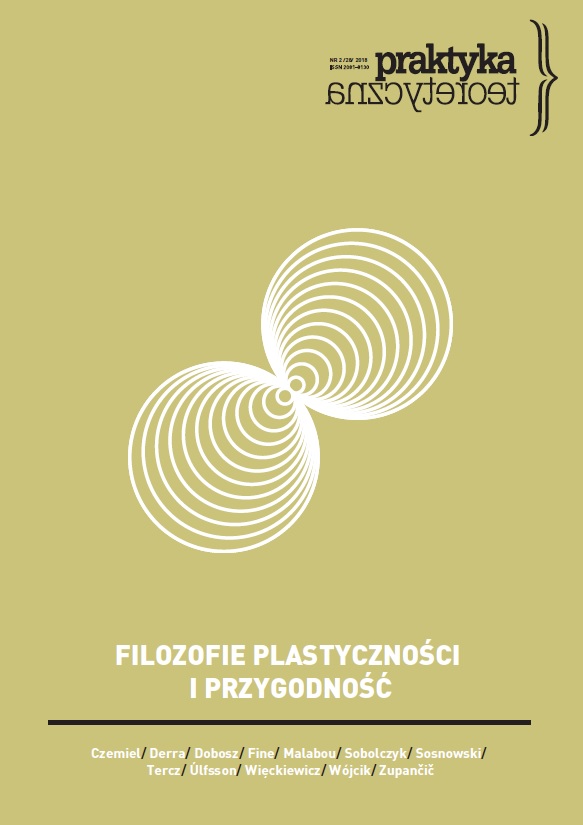Plastyczność i rewolucja. De Tocqueville, Malabou, Lukács
Plasticity and Revolution. De Tocqueville, Malabou, Lukács
Author(s): Maciej A. SosnowskiSubject(s): Philosophy, Political Philosophy, German Idealism
Published by: Uniwersytet Adama Mickiewicza
Keywords: plasticity; revolution; dialectics; temporality; Hegel; Malabou
Summary/Abstract: The dialectical concept of revolution emphasizes its dual character. Both in the conservative (de Tocqueville) and socialist (Lukács) versions, the revolution is a testimony to historical continuity and at the same time its violent rupture. The purpose of this essay is to capture this ambiguous phenomenon using Catharine Malabou’s concept of plasticity. Plasticity, as a contemporary, post-deconstructive formula of the Hegelian Aufhebung, is passive/active formation, destruction of form and its preservation at the same time. Its essence is the same as the essence of revolution, both in the writings of de Tocqueville and Lukács. However, such ambiguity of the revolution can be interpreted as an expression of its defeat. Its entanglement in the past condemns it to unproductive opportunism, its connection with the future - to empty messianism, and the search for mediation between these extremes seems to be endless. And if postmodernity is troubled by this fiasco, then at least one aspect of the idea of revolution triumphs - a certain way of thinking about it, speculation or dialectics as such.
Journal: Praktyka teoretyczna
- Issue Year: 2018
- Issue No: 28
- Page Range: 85-104
- Page Count: 20
- Language: Polish

